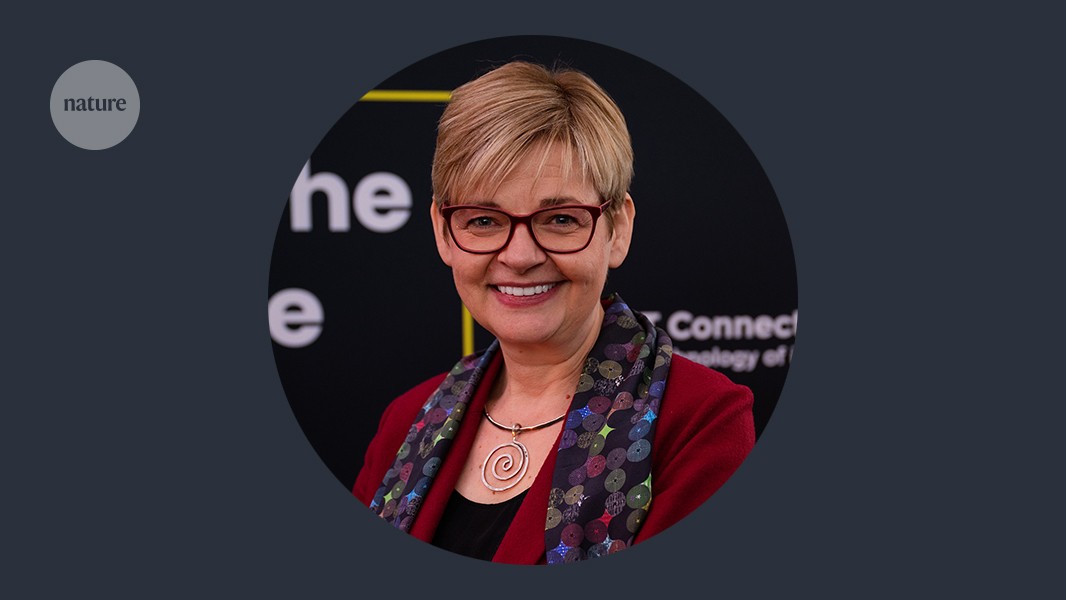
"Earlier this month, reports that the chair of the talks, ambassador Luis Vayas Valdivieso, would step down deepened uncertainty. Many media outlets saw a failure of multilateralism, but what I saw was fatigue. Just as the 'failed' 2009 Copenhagen climate summit paved the way for the 2015 Paris agreement, this plastics-treaty breakdown could be an inflection point - if we learn the right lessons and rethink the process."
"As a researcher of global environmental governance, I have followed the negotiations from the start. I served as an adviser on Rwanda's delegation in 2022, when it co-sponsored the UN Environment Assembly resolution to end plastic pollution. Since 2023, I have led the observer delegation of Northeastern University in Boston, Massachusetts. During this time, I have watched nations debate the treaty's scope, restating positions with little progress. But individuals from every country tried to keep faith in the process."
UN negotiations on plastic pollution collapsed in Geneva in August, with the talks' chair stepping down and deepened uncertainty. Media portrayed the outcome as a failure of multilateralism, but the breakdown reflects negotiation fatigue and could become an inflection point if lessons are learned and the process is rethought. Nations disagreed on what ending plastic pollution meant: some prioritized waste management, recycling and circular economies while others sought to curb manufacture of primary polymers. That ambiguity created a geopolitical divide between countries reliant on plastics manufacturing and vulnerable small island and coastal states. Negotiations stagnated as positions were repeatedly restated, while individuals from every country tried to keep faith in a solution.
Read at Nature
Unable to calculate read time
Collection
[
|
...
]